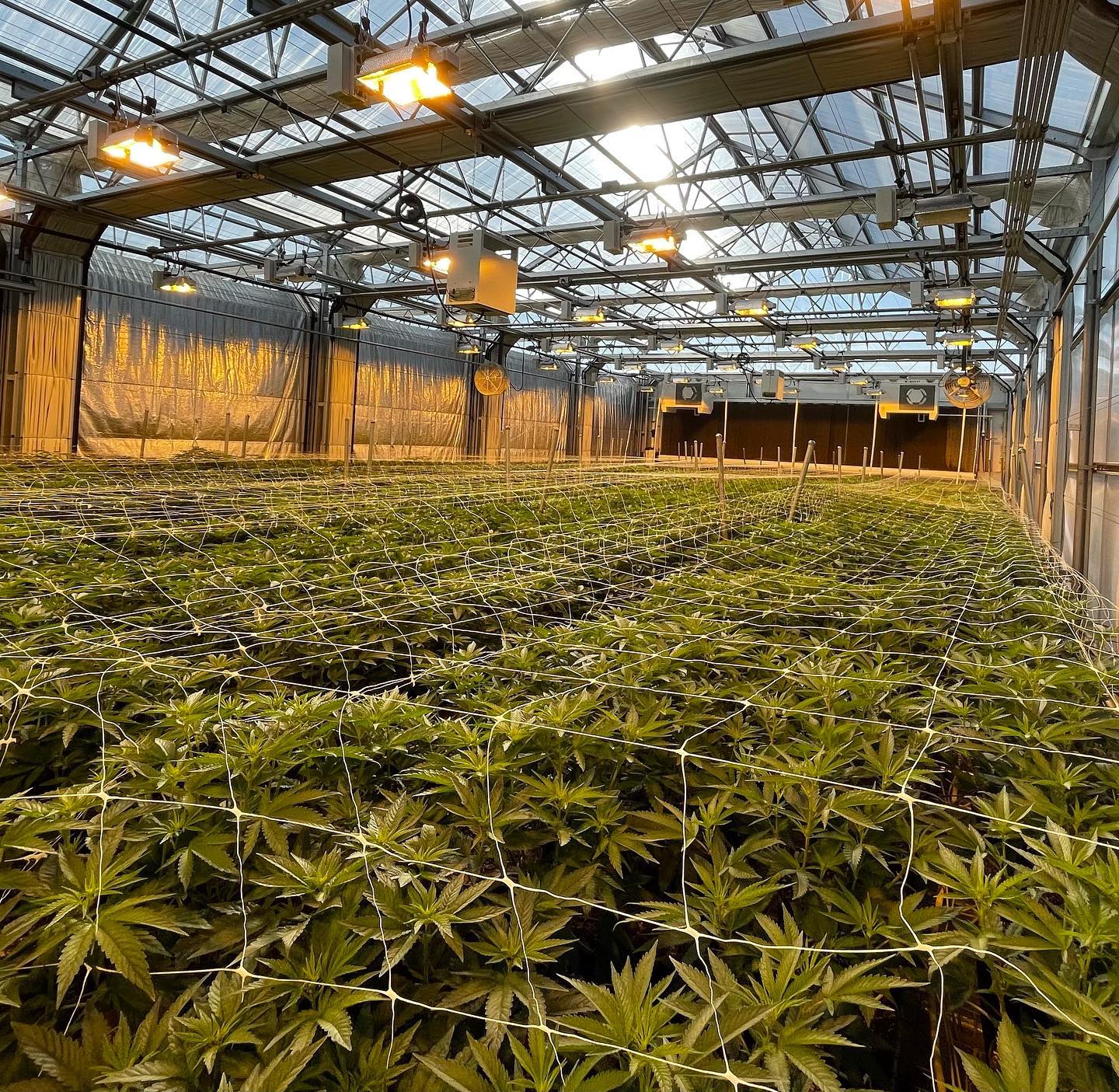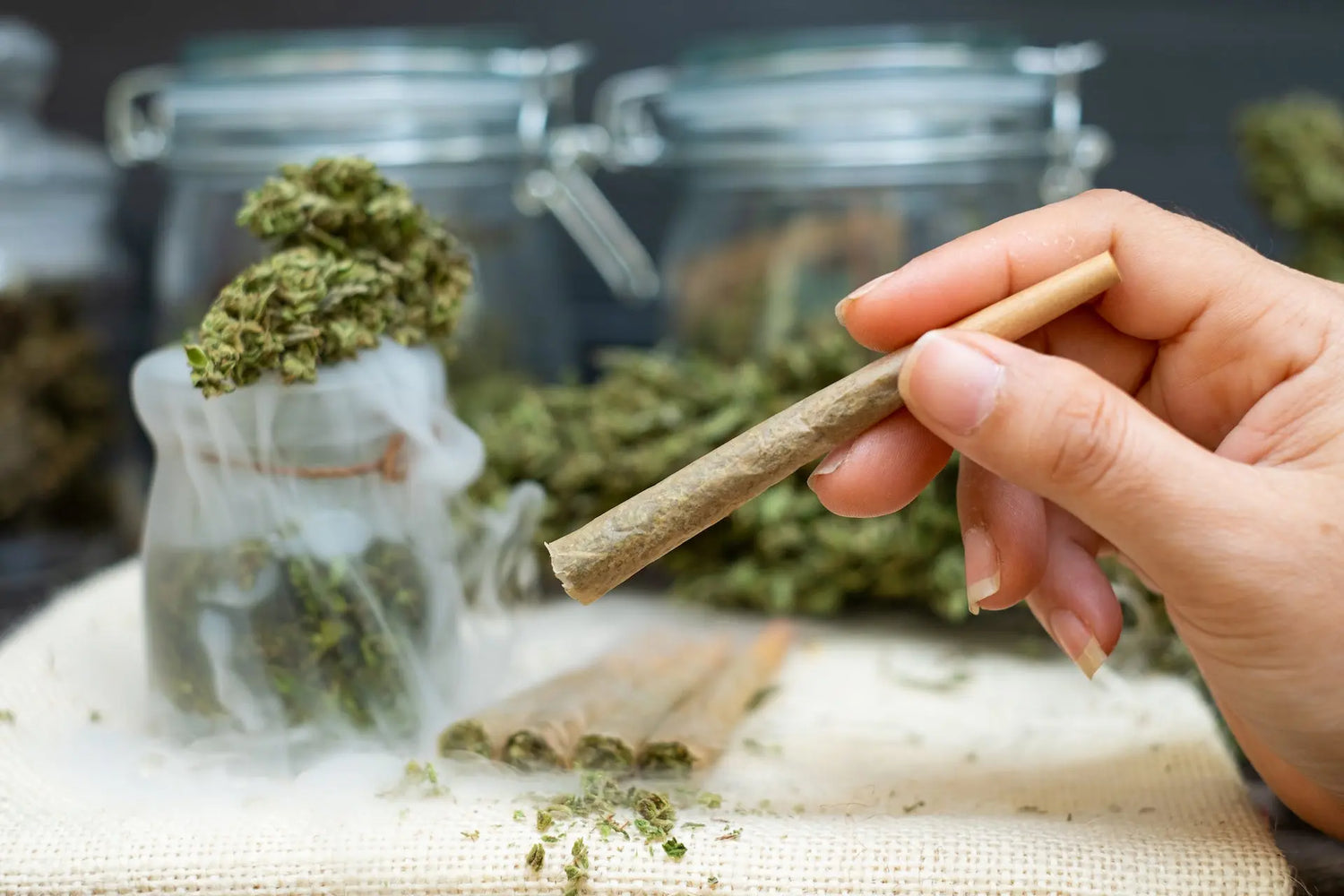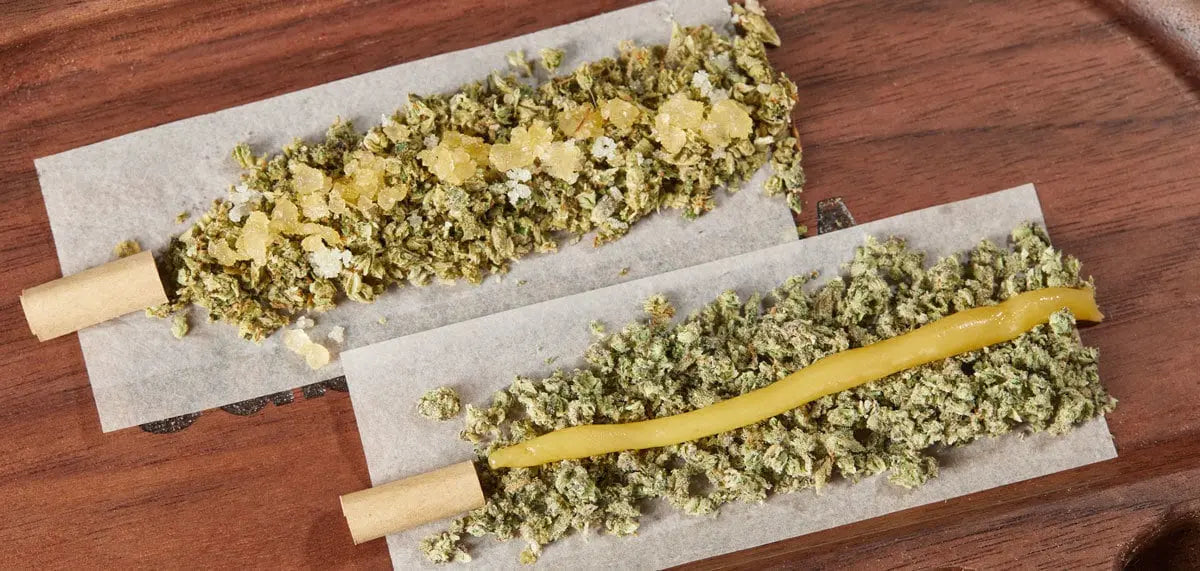Delta-8 THC, a compound derived from CBD, has been gaining popularity in recent years for its potential therapeutic benefits. However, the legal status of Delta-8 THC has been a subject of debate and confusion. According to a recent DEA email, Delta-8 THC derived from CBD is considered illegal. But is it really? In this blog post, we will explore the legality of Delta-8 THC and provide you with the information you need to make an informed decision.
Understanding the Legal Landscape
To understand the legality of Delta-8 THC derived from CBD, we need to delve into the legal landscape surrounding cannabis and its derivatives. The legality of cannabis products, including Delta-8 THC, is primarily determined by the Controlled Substances Act (CSA) in the United States.
Under the CSA, Delta-9 THC is classified as a Schedule I controlled substance, meaning it is illegal at the federal level. However, the CSA does not specifically mention Delta-8 THC, which has led to some confusion regarding its legal status.
The Delta-8 THC Controversy
The controversy surrounding the legality of Delta-8 THC stems from the way it is derived. Delta-8 THC can be extracted from hemp, which is legal under the 2018 Farm Bill, as long as the final product contains less than 0.3% Delta-9 THC. However, the DEA email suggests that Delta-8 THC derived from CBD is considered illegal because it is a synthetic form of THC.
Proponents of Delta-8 THC argue that it is a naturally occurring compound found in hemp and should be considered legal under the 2018 Farm Bill. They believe that the DEA's interpretation of the law is flawed and that Delta-8 THC derived from CBD should not be classified as a synthetic substance.
Legal Challenges and Uncertainty
As of now, there have been no court cases or legal challenges specifically addressing the legality of Delta-8 THC derived from CBD. This lack of legal precedent has created uncertainty in the industry and among consumers.
Some states have taken a proactive approach and explicitly banned Delta-8 THC, while others have allowed its sale and consumption. It is important to note that state laws regarding cannabis and its derivatives can vary widely, so it is crucial to familiarize yourself with the laws in your specific jurisdiction.
Our Perspective
While we are not legal experts, we believe that Delta-8 THC derived from CBD should be considered legal under the 2018 Farm Bill. The Farm Bill legalized hemp and its derivatives, including CBD, as long as they contain less than 0.3% Delta-9 THC. Since Delta-8 THC can be derived from hemp, it should fall within the legal parameters set by the Farm Bill.
However, it is important to stay informed about any changes in the legal landscape and consult with legal professionals to ensure compliance with local, state, and federal laws.
The legality of Delta-8 THC derived from CBD is a complex and evolving issue. While the DEA email suggests that it is illegal, there is ongoing debate and uncertainty surrounding its legal status. As a consumer, it is crucial to research and understand the laws in your jurisdiction and consult with legal professionals for guidance.
Disclaimer: This blog post is for informational purposes only and should not be construed as legal advice. Always consult with legal professionals for guidance on the legality of Delta-8 THC derived from CBD in your specific jurisdiction.





